For Immediate Release: October 12, 2023
Contact: Shannon Pahls, SPahls@yeseverykid.com
OKLAHOMA CITY, OK – Oklahoma made history this year with the passage of the Parental Choice Tax Credit, empowering all families in the state with education freedom. The first-in-the-nation tax credit legislation is universal, refundable, and prioritizes families.
Earlier this week, the Tax Commission proposed rules for the program’s implementation. The Commission has done significant work in drafting those rules to implement provisions of the program, but some of the rules set forth have the potential to make access more challenging. In response to those proposed rules, yes. every kid. foundation. (Yes Foundation) submitted a public comment today to the Commission with recommendations on ensuring a family-first approach.
Director of Policy Operations Whitney Marsh released the following statement on behalf of yes. every kid. foundation.:
“The Parental Choice Tax Credit empowers Oklahoma families to customize an education that best meets their kids’ unique learning needs. Instead of making it more difficult to access the program, we should do all we can to create a user-friendly experience for families and students. States are looking at Oklahoma as a leader in education freedom after the passage of the nation’s most expansive K-12 individual tax credit. Oklahoma must continue to lead by putting families first and implementing a program without unnecessary and burdensome red tape.”
Recommendations provided by Yes Foundation:
The intent of the tax credit was to offer a cost-effective way for families to direct education funding with minimal red tape. With this in mind, yes. every kid. foundation. recommended the following to the Tax Commission:
- Allow funds to flow directly to families. Allow taxpayers to claim the private school education expense on their income tax return. Proposed rules only allow this option for those homeschooling their children. This allows the program to work as intended, as a personal income tax credit, and simplifies the process for families.
- Keep private school accreditation as broad as the law intends. Defining another accrediting association to be approved by the State Board of Education limits options and burdens the State Board of Education with having to approve accrediting bodies.
- Lessen the requirements and role of the private school in the tax credit claim process. Requiring the Affidavit of Enrollment could cause a back-and-forth process with families, leading to delays in applications and submissions. Private schools may also not want the responsibility of soliciting and maintaining personal information. Private schools should not have to register annually with the Tax Commission if the affidavit requires proof of accreditation.
- Change the timeline of application to better align with the school calendar. The proposed rule outlines an application process that follows the tax year instead of the school year. This creates a barrier for families prioritized in this program. Launching an application that covers the spring semester of the 2023/2024 school year and then having the yearly application window open on March 1 better aligns with the school calendar.
- Include Notification Deadlines. The proposed rules do not address when families would be notified whether or not their application was approved. Including a notification requirement of thirty (30) days allows families to plan for their children’s schooling and makes the decision-making process more straightforward.
Read the submitted comment in full here.
About yes. every kid. foundation.
yes. every kid. foundation. promotes a bold vision of transforming education in America with a family-first approach, advocates for families in policy implementation and design, and defends families and innovative education entrepreneurs.
###
